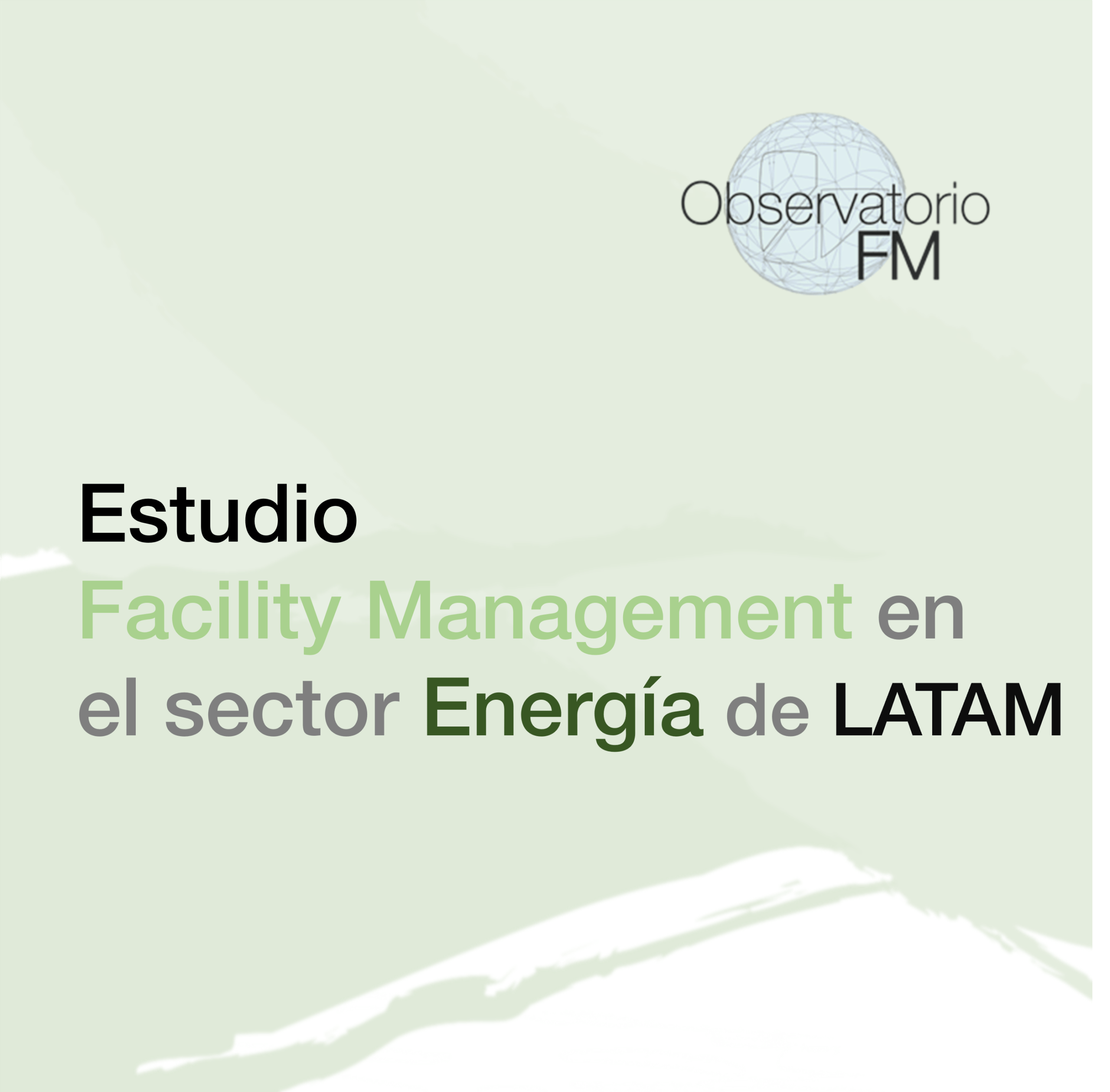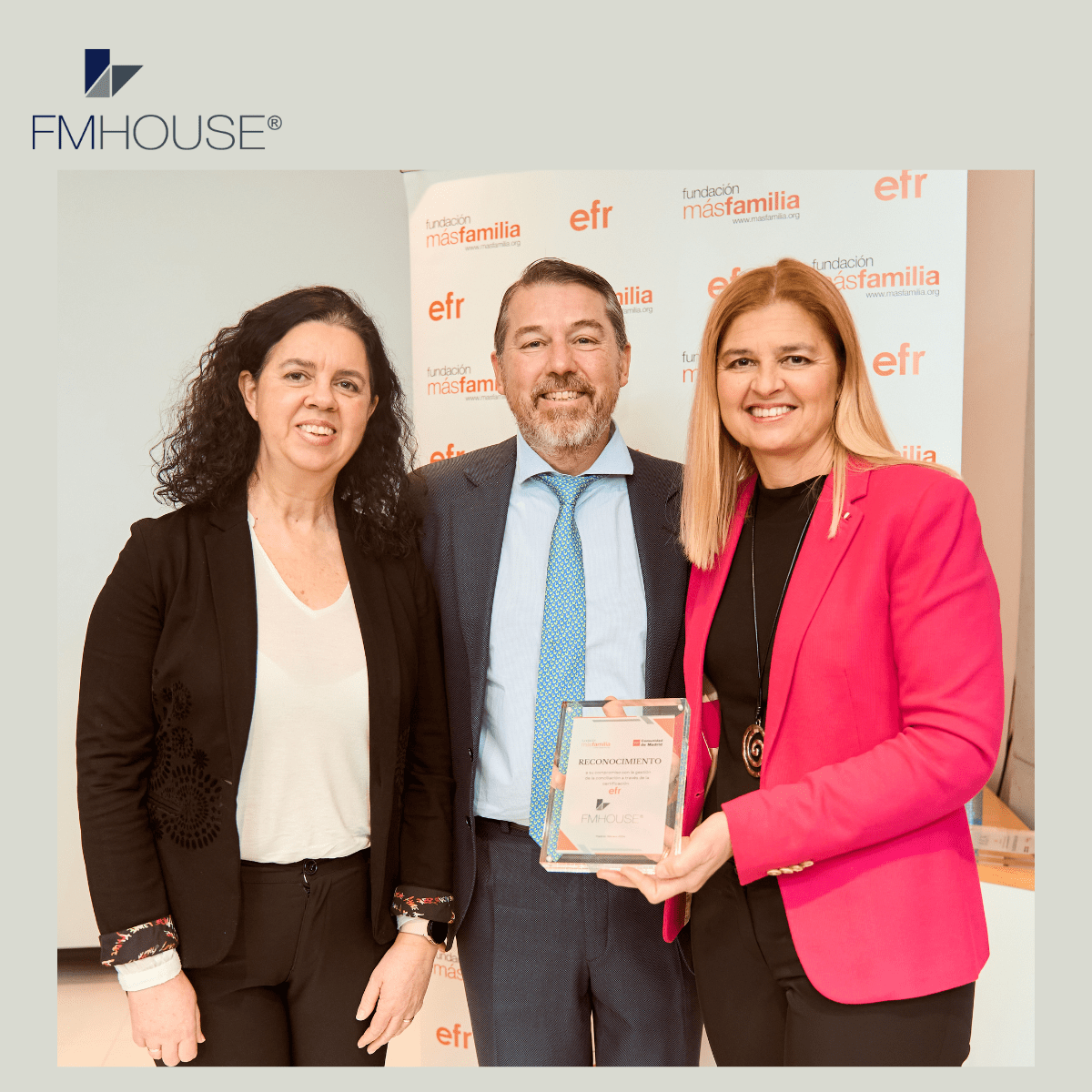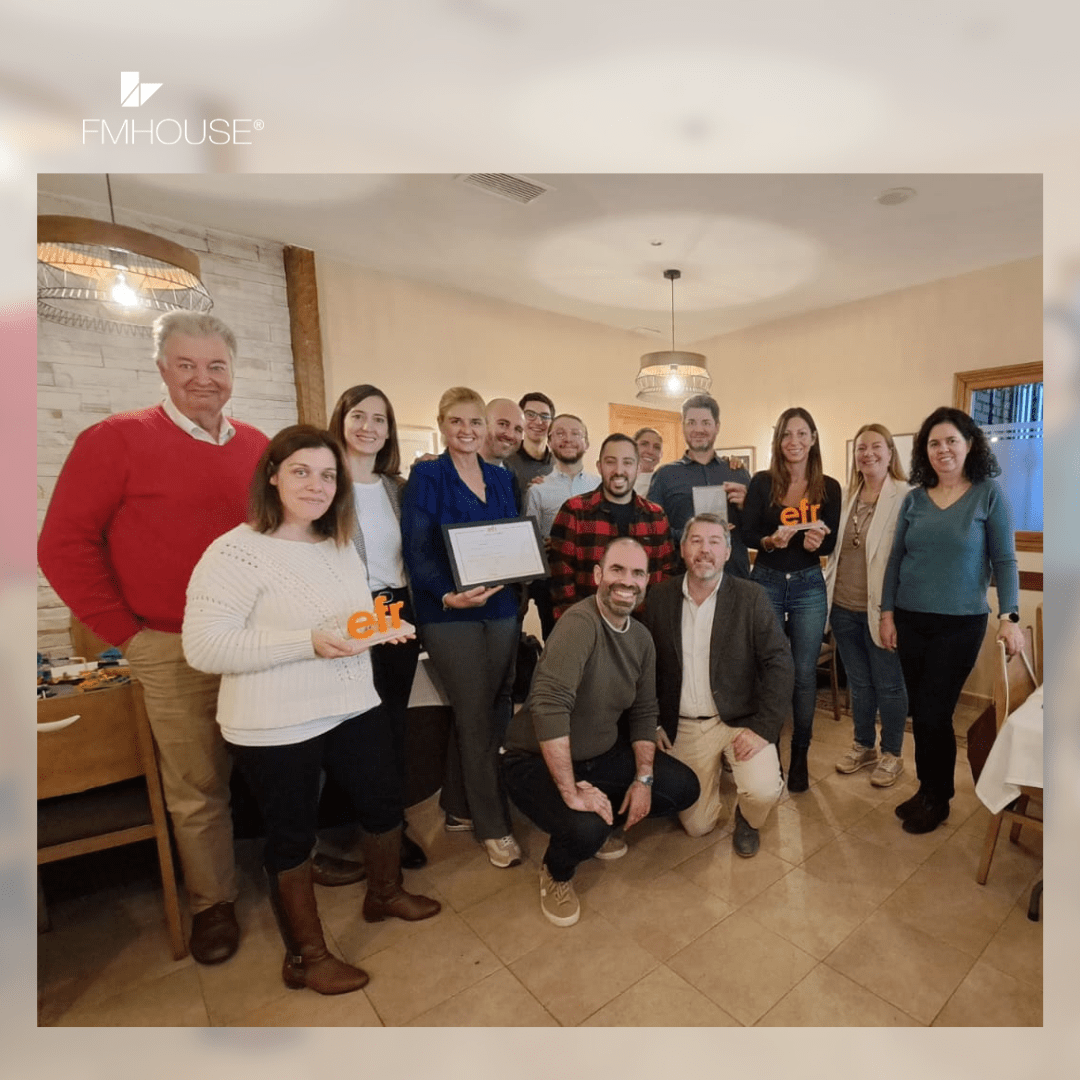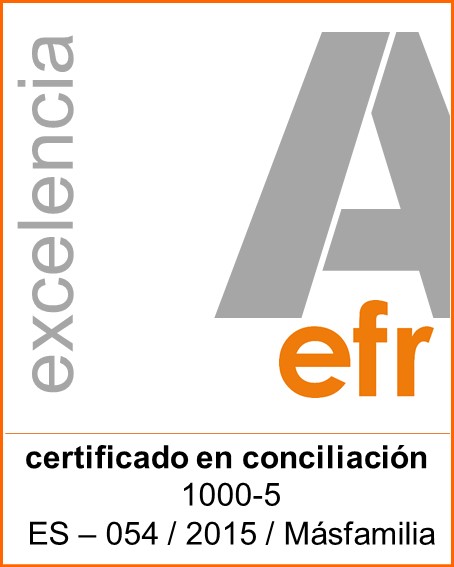Within a few years, by 2100, half of the world’s 20 most populous cities will be located in Africa. Even if prediction details and factors vary, all sources consulted agree on this. The Global Cities Institute increases that number even further to 13 out of 20, situating other metropolis in India, Philippines, Egypt or Pakistan. What is most interesting is that all the data confirms that none of them will be in America, Europe or China. This is key to prepare the grounds, see where we are headed and understand that Facility Management needs in Africa will change considerably in the coming decades.
With population increase, the needs of individuals are thereby incremented, and this has an impact at all levels of society. From the most basic needs, such as food, housing or transport, to other aspects that are more related to FM, such as work or entertainment. This reminds me of the impact that dormitory towns had on foreign workers who built—and still build—Dubai, and are located up to 50km away from the city centre and almost double the population of the city itself. The impact of traffic, residues, safety or energy supply, made it necessary to regulate these settlements, something which had not been anticipated. We know that, over the years, everything changes and evolves, since we have aided in the design of new FM models for the worker cities of oil and gas companies, which demonstrate greater interest and that lessons have been learned.
It is worth remembering that support functions of Facility Management are not only happening in office spaces. We can find them in cities, as we have already mentioned, but also in hotels, business centres, and industries. Not to speak of public infrastructures, where people interact, all of which must possess more or less advanced models of FM: hospitals and health facilities, education centres, sport areas and all government buildings. If these spaces already provide a service to a large number of people, imagine what could happen in megacities of 70 million inhabitants.
The African experience
From all my travels to Africa, I remember especially Nigeria, Ghana or South Africa, where I learned so much. Training sessions and conferences helped me get acquainted with another style of doing things and a different level of maturity in FM, neither better nor worse. I have many recollections from those days. They range from teaching with two armed guards in the room, because there was a minister present, to meals that still make me tremble. It is worth sharing that, whenever Christian prayer was scheduled to come first in the morning, Muslim prayer would come first in the afternoon, and next day, the order would be reversed. A tell-tale sign of respect and harmonious living that inspires food for thought. Those are incredible memories, indeed.
FM must be adapted to every sector and varying circumstance, but in order to do this we need to know how to operate and judge what is most important, case by case. We cannot speak of maximizing life cycles or predictive maintenance, if our main concern is how many power cuts will happen every day. “Classic” approaches are not applicable and, either the model is readily understood, or it serves no purpose at all. On the other hand, and this varies depending on your point of view, people have been at the heart of design for quite a while. If it is not useful to people, it is simply not valid. That is how creative solutions emerge, born from our need of making things work smoothly. Procedures and methodology are replaced by effectiveness and efficiency, taken to extremes.
Selective demand
During these months of confinement, I have had the pleasure of sharing a few meetings—online sessions, this time around—with friends based in this great continent. I have been able to appreciate a similar evolution to what I witnessed in Latin America in the 8 years we have been working there: the best know-how is demanded, but it must be adapted to the particularities of each country and company. Final users know what they want, are highly trained and demand quality and personalized solutions. Even regional managers of multinational companies are asking their global FM directors for permission to “do things their way”, since impositions from headquarters do not apply or are not realistic.
On the other hand, if you want to provide a good service in what will seemingly become the most populated continent in the world, the best strategy is to understand and listen first. Paste and cut styles of large provider companies will be met with considerable resistance. Perhaps that is why their presence is not as widespread as in other continents. The potential volume of this market could well mean that integrating “culture”—a buzzword which has been quite popular of late—is worth the effort. In this case, we would be speaking not only of final user culture, but of understanding managers and how business is done. We will see how everything plays out and whether we will be able to adapt, but the opportunity is there for the taking.











